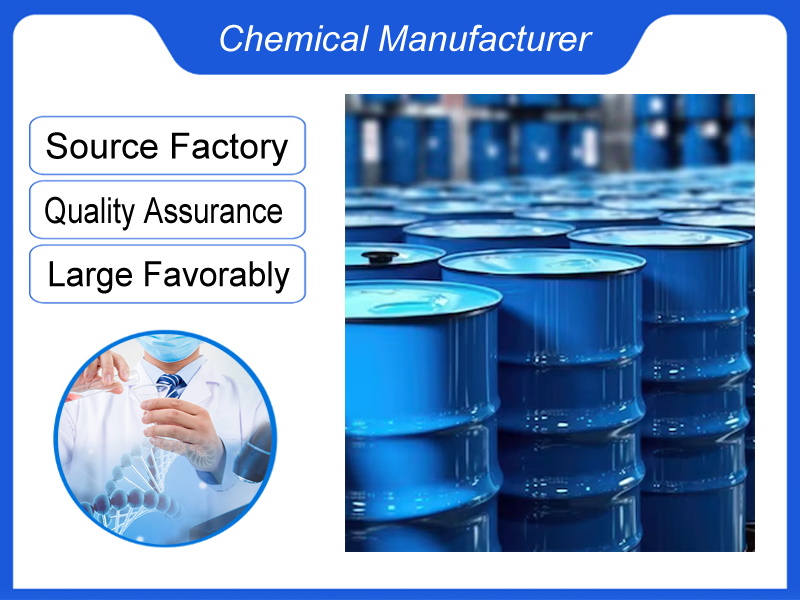
Hybrid-based Polyester Resins
We are a manufacturer based in China. We specialize in providing high-quality Hybrid-based Polyester Resins for industrial clients across various sectors. Whether you need chemicals consultation or technical support, our team is here to help.
Category:Paint chemicals Own Brand:MT /MOQ:100KG /From China/ B2B only.
Introduction
Features
Excellent leveling and hardness for matte coatings
Hybrid-Based Polyester Resins: Overview
| Category | Details |
|---|---|
| Definition | Polyester resins modified by blending with other polymers (e.g., epoxy, urethane, or acrylic) to enhance performance. |
| Composition | – Base: Unsaturated polyester (UPR) + reactive monomers (styrene). – Hybrid component: Epoxy, urethane, or vinyl ester. |
| Key Properties | – Improved mechanical strength. – Enhanced chemical/water resistance. – Better adhesion and flexibility vs. pure polyester. |
| Advantages | – Combines cost-effectiveness of polyesters with performance of hybrids. – Lower shrinkage than pure polyester. – Tunable for specific applications. |
| Limitations | – Higher cost than standard polyesters. – Requires precise formulation control. – Potentially slower curing. |
| Applications | – Marine (boat hulls). – Automotive parts. – Wind turbine blades. – Corrosion-resistant tanks/pipes. |
Comparison with Other Resins
| Property | Hybrid Polyester | Standard Polyester | Epoxy Resin |
|---|---|---|---|
| Cost | Moderate | Low | High |
| Adhesion | Excellent | Good | Outstanding |
| Chemical Resistance | High | Moderate | Very High |
| Curing Time | Medium | Fast | Slow |
| Flexibility | Improved | Brittle | Rigid |
Market & Trends
Growth Drivers: Demand for lightweight, durable composites in renewables (e.g., wind energy) and automotive.
Innovations: Bio-based hybrids (e.g., soy/oil-modified) for sustainability.
Regulations: Compliance with VOC limits (e.g., EU REACH).
If you're ready to take the next step, Leave your message below and we’ll reply soon. 20+ years of chemical manufacturing & export experience, a partner you can trust.





